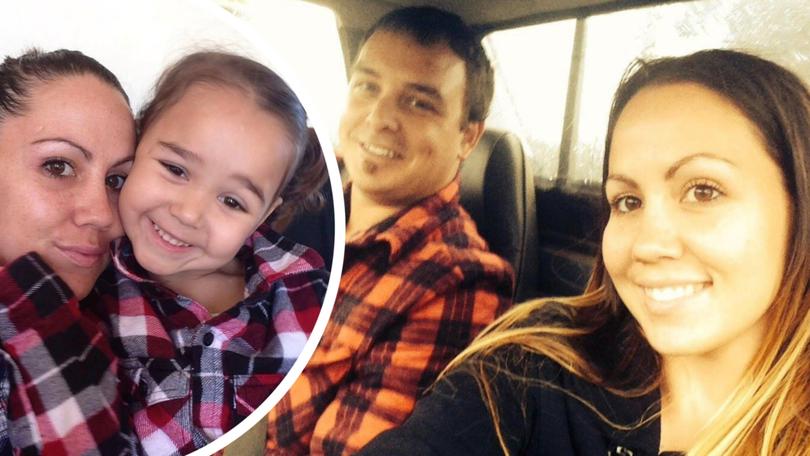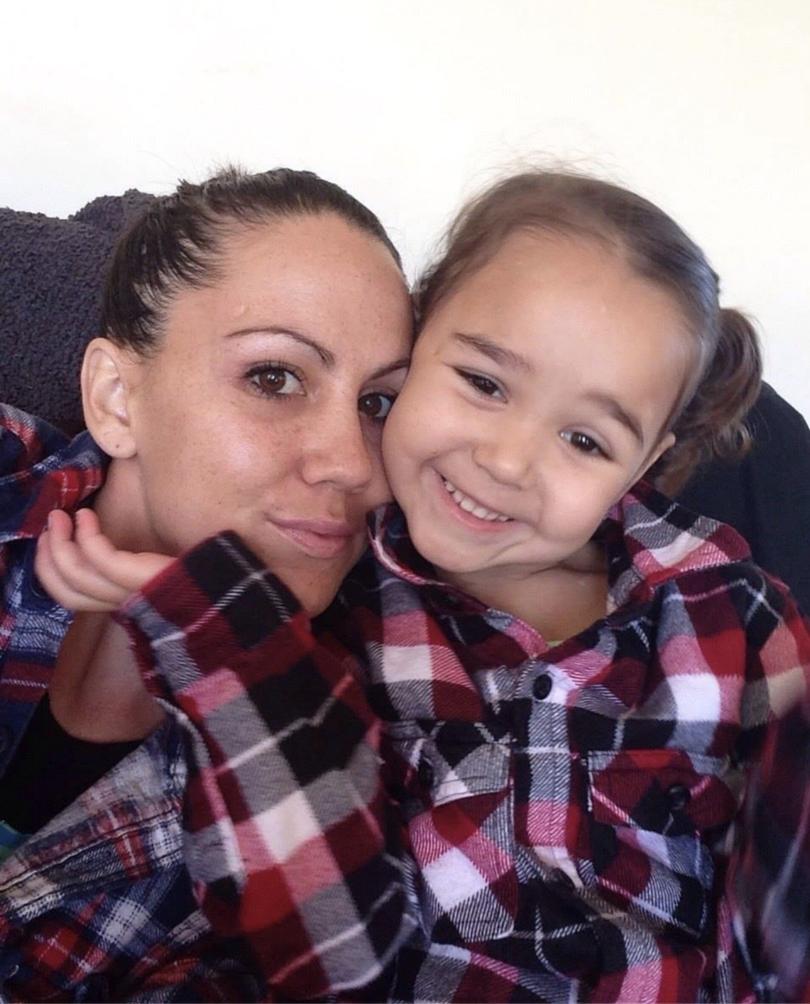The Truth About Amy - Episode 9: Medical experts finds suggest foul play after initial suicide lead

For decades, Tim and Tom studied the same thing — how the body moves. And where a body should move to.
Professor Tim Ackland from Perth. And Dr Tom Gibson from Sydney.
Both biomechanical masters. And both were asked at one point to study the same thing — the position of the body of Amy Wensley, found blasted to death in a tiny bedroom in a scruffy house in Serpentine a decade ago.
Sign up to The Nightly's newsletters.
Get the first look at the digital newspaper, curated daily stories and breaking headlines delivered to your inbox.
By continuing you agree to our Terms and Privacy Policy.Different eyes, different experience. But in reports sent to the WA Police, and then a WA coroner, they came to the same, emphatic conclusion.
There was no possible, physical way Amy Wensley’s body could have been positioned as it was if she had killed herself. And they both reached that conclusion for the same two reasons.
Professor Ackland, from the University of WA, told authorities he had tried and tried to recreate a scenario where Amy’s right hand could be found underneath her thigh and buttock — as it was in that bedroom — if she had shot herself.
He couldn’t.
Instead, in his first report, he concluded the tableau presented to him was “highly consistent with the scenario that (Amy) was shot by another person who had held the shotgun near horizontally on her right side with the barrel close to her right temple”.
That conclusion prompted a referral to the director of public prosecutions, a recommendation of a cold-case review, and eventually another report, including extensive reconstructions using a female police officer of similar build to Amy.
Which concluded the same thing.
Amy “did not shoot herself”. Firstly because of where her hand was. And secondly because of where the gun was.
The gun which fired the fatal shot, which was found — according to Gareth Price — in her lap. If it was there, Professor Ackland concluded “that the gun was placed there by a person other than (Amy).”
Doctor Gibson, a practitioner with 30 years experience of biomechanic and injury causation, came to exactly the same conclusion.
“It is unlikely the gunshot wound was self-inflicted and deliberate”, he said, and “even less likely that it was self-inflicted and accidental”.
All that experience. The same conclusion — and yet, as the latest episode of Seven’s hit podcast The Truth About Amy explores, the WA Police and Coroner Sarah Linton still had their doubts about their conclusions.
And therefore could not rule out suicide like the experts did.
Initially ruled a suicide by WA Police, Amy’s death in 2014 inside the home she shared with her partner David Simmons and their two daughters led to the coroner recording an open verdict in 2021.
Another person who does rule out suicide, categorically, is Michael Facey — Amy’s former boss who saw her less than 24 hours before she died.
“So many people gravitated towards her, because she was such a friendly, happy, bubbly person like you could be having the worst day ever, and she’d walk in and all of a sudden, she’d make everyone feel welcome and good,” Mr Facey said.
“She was just one of those people to be around.
“She was full of life, and was sort of thinking about what things she’s going to do - it’s almost like she had a full plan of activities for the week.

“Amy was talking about how my daughter’s birthday was coming up, about how so she was to be shopping for presents for her.
“She was excited about going shopping. She couldn’t wait for the birthday party.
“We just knew straight away that absolutely not (suicide) — no one talks about their plans for the rest of the week and the next day to then go and do that.”
Anyone with information can email thetruthaboutamy@seven.com.au or leave an anonymous tip at www.thetruthaboutamy.org.

Originally published on The West Australian
